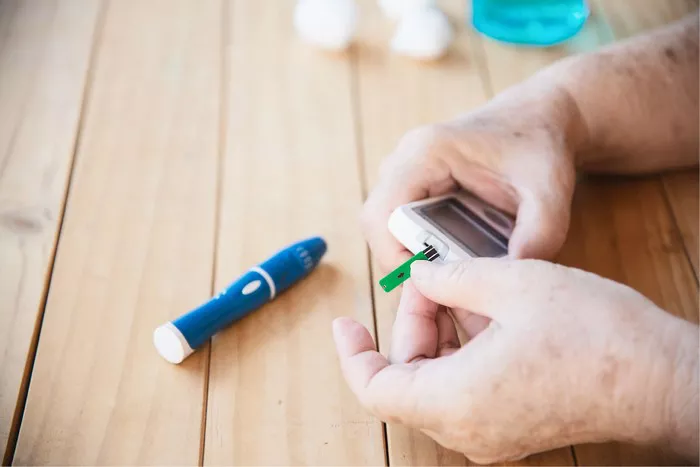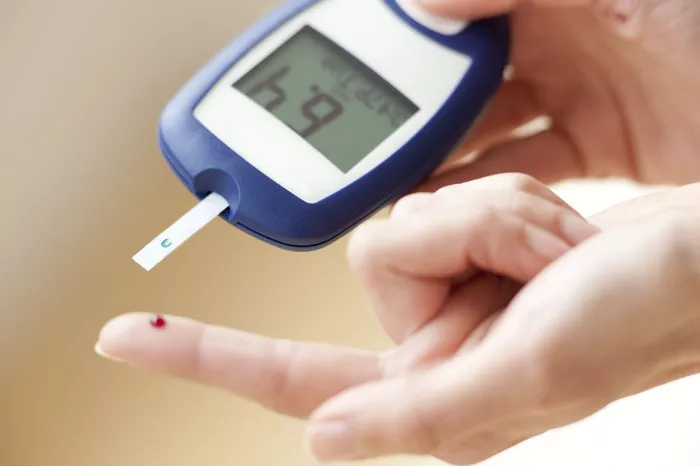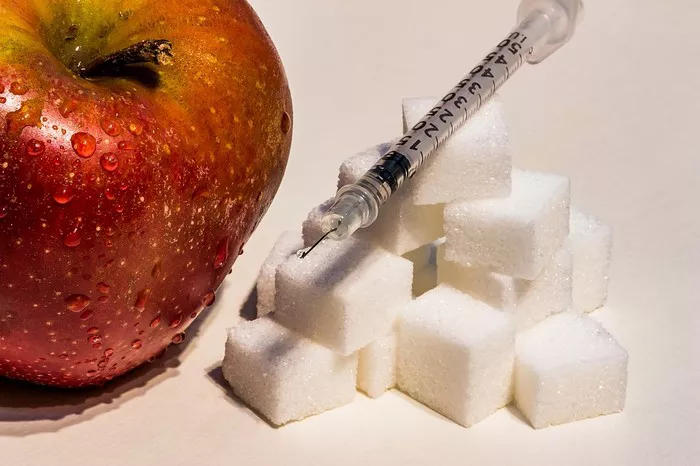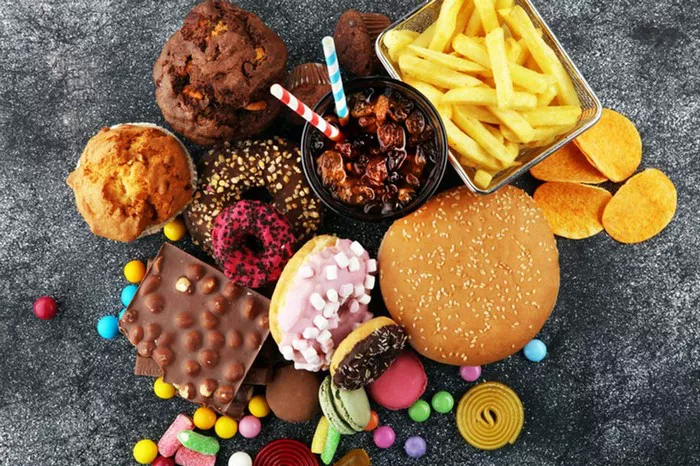Diabetes, a chronic metabolic disorder characterized by high blood sugar levels, affects millions of individuals worldwide. Monitoring blood sugar levels is crucial for managing diabetes and preventing complications. While blood sugar levels are commonly measured, urine sugar levels were historically utilized for diabetes diagnosis and management. Understanding the differences between blood sugar and urine sugar is fundamental for effective diabetes management and overall health.
1. Blood Sugar (Blood Glucose):
Blood sugar, or blood glucose, refers to the concentration of glucose present in the bloodstream. Glucose is the primary source of energy for the body’s cells and is derived from the foods we consume, particularly carbohydrates. After digestion, glucose is absorbed into the bloodstream, where it is utilized by cells for energy or stored for later use.
1.1. Measurement of Blood Sugar: Blood sugar levels are typically measured in milligrams of glucose per deciliter of blood (mg/dL). This measurement is obtained through blood glucose monitoring devices, such as glucometers, which require a small blood sample obtained through a finger prick.
1.2. Importance of Blood Sugar Monitoring: Maintaining blood sugar levels within a healthy range is crucial for overall health, particularly for individuals with diabetes. Consistently high blood sugar levels (hyperglycemia) can lead to complications such as cardiovascular disease, nerve damage, kidney damage, and vision problems. On the other hand, low blood sugar levels (hypoglycemia) can cause symptoms such as dizziness, confusion, sweating, and in severe cases, loss of consciousness.
2. Urine Sugar (Glycosuria):
Urine sugar, or glycosuria, refers to the presence of glucose in the urine. Normally, the kidneys filter glucose from the bloodstream and reabsorb it to maintain blood sugar levels within a healthy range. However, when blood sugar levels are elevated, such as in diabetes, the kidneys may not be able to reabsorb all the glucose, leading to its excretion in the urine.
2.1. Measurement of Urine Sugar: Historically, urine sugar levels were measured using urine test strips that change color in the presence of glucose. However, modern diabetes management primarily relies on blood glucose monitoring due to its greater accuracy and reliability.
2.2. Limitations of Urine Sugar Measurement: While urine sugar levels can indicate hyperglycemia, they do not provide real-time information about blood sugar levels. Additionally, urine sugar levels may not accurately reflect blood sugar levels, as factors such as kidney function and hydration status can influence glucose excretion.
3. Key Differences Between Blood Sugar and Urine Sugar:
3.1 Measurement Method: Blood sugar levels are directly measured from a blood sample using glucometers, while urine sugar levels are inferred indirectly through the presence of glucose in urine using test strips.
3.2 Accuracy: Blood sugar measurement is more accurate and provides real-time information about glucose levels in the bloodstream, whereas urine sugar measurement is less precise and does not provide immediate feedback on blood sugar levels.
3.3 Clinical Utility: Blood sugar monitoring is essential for diabetes management and provides valuable information for adjusting medication dosages and lifestyle interventions. Urine sugar measurement is less commonly used in modern diabetes management but may still be utilized in certain situations, such as for screening purposes or in resource-limited settings.
3.4 Interpretation: Blood sugar levels directly reflect the body’s current metabolic state and are closely linked to diabetes complications. In contrast, urine sugar levels provide indirect information about blood sugar levels and may be influenced by factors unrelated to glucose metabolism.
4. Clinical Relevance and Implications:
In clinical practice, blood glucose monitoring remains the gold standard for diabetes management due to its accuracy and reliability. Regular monitoring of blood sugar levels allows individuals with diabetes to make informed decisions about their treatment regimen, including medication adjustments, dietary choices, and physical activity levels.
While urine sugar measurement may have historical significance, its clinical utility has diminished with the widespread availability of blood glucose monitoring technology. However, urine sugar testing may still be used in certain situations, such as for detecting ketones in urine during episodes of diabetic ketoacidosis or for screening individuals at risk for diabetes in resource-limited settings.
5. Conclusion:
Understanding the differences between blood sugar and urine sugar is essential for effective diabetes management and overall health. While blood glucose monitoring remains the primary method for assessing glycemic control, urine sugar testing may still have limited utility in certain clinical scenarios. Ultimately, the goal of diabetes management is to maintain blood sugar levels within a healthy range to prevent complications and optimize quality of life.
In summary, while blood sugar and urine sugar both provide valuable insights into glycemic control, blood glucose monitoring is the preferred method due to its accuracy, reliability, and clinical relevance in diabetes management.
By staying informed about these differences, individuals with diabetes and healthcare professionals can work together to develop personalized treatment plans that promote optimal health and well-being.



























